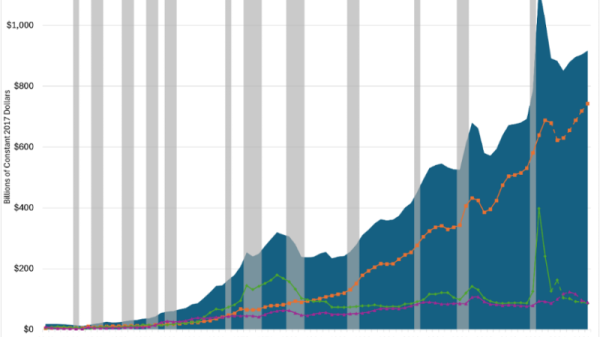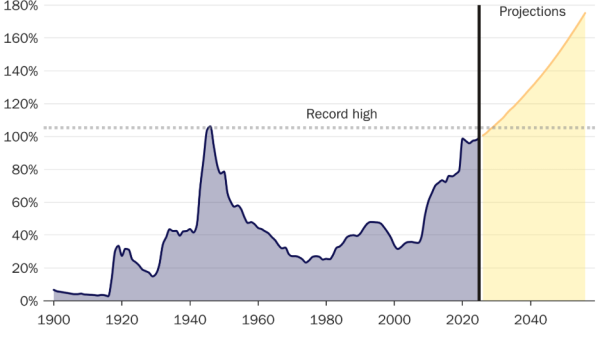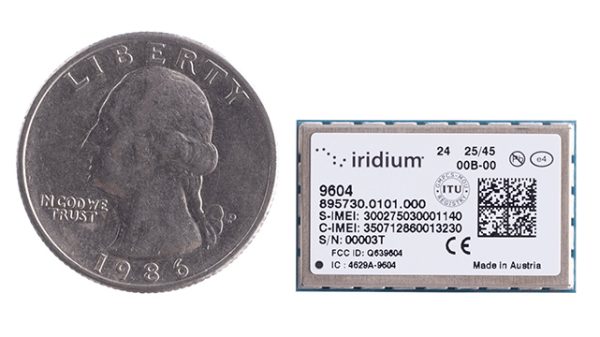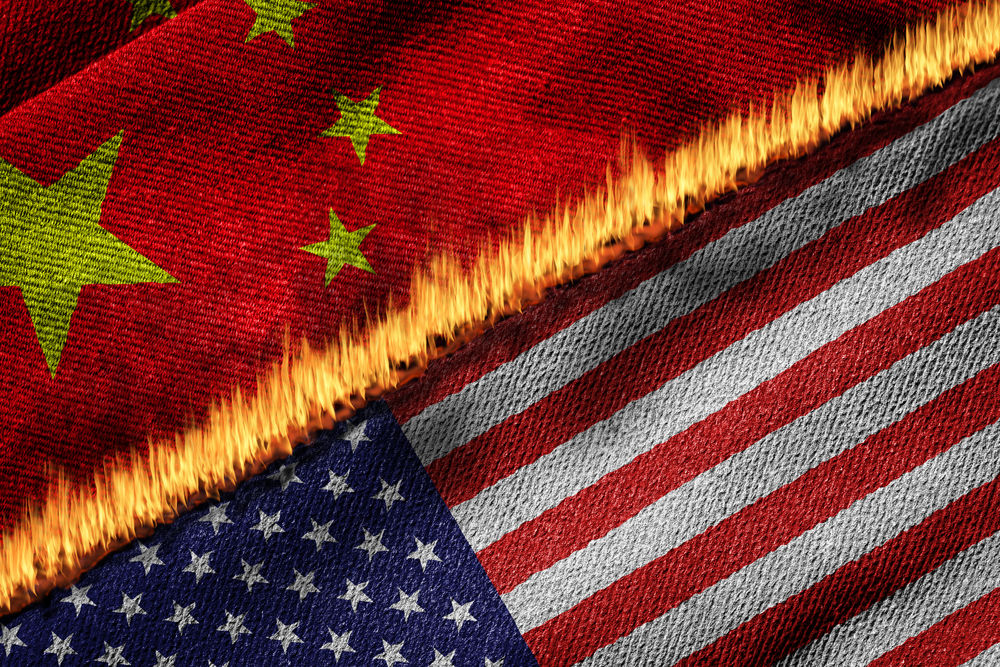The US is preparing to ramp up its trade restrictions on China’s semiconductor industry, this time focusing on legacy chips.
With weeks remaining in its term, the Biden administration is poised to launch an investigation into Chinese-made legacy semiconductors, potentially leading to tariffs or import bans, as per a report from The New York Times.
The move, expected to be announced soon, signals Washington’s increasing scrutiny of less advanced segments of the chip market.
The investigation could take at least six months to conclude, pushing final decisions on potential tariffs or bans to the incoming Trump administration, which assumes office in January.
This represents a strategic shift, as US policies have largely concentrated on curbing China’s access to advanced semiconductors and high-end chipmaking equipment.
Now, older but widely used chips are under the spotlight.
China’s dominance in the legacy chip market raises concerns
Legacy chips, which power everyday consumer electronics like washing machines, refrigerators, televisions, and vehicles, have become a focal point of global trade tensions.
These older, less sophisticated semiconductors are essential components across multiple industries, including electric vehicles (EVs) and renewable energy.
US officials fear growing reliance on Chinese production could pose economic and national security risks.
China has heavily invested in the legacy chip sector to meet its domestic demand and compete on a global scale.
Although Chinese chips lag behind non-Chinese counterparts technologically, they are already competing on price. Analysts report that Chinese manufacturers are well-positioned to dominate the global legacy chip market in the coming years.
Commerce Secretary Gina Raimondo has previously flagged the growing influence of Chinese producers, stating that 60% of new legacy chips entering the market could come from China.
This increased market share threatens to undercut prices further in an already struggling segment, potentially forcing non-Chinese manufacturers out of business.
US struggles with balancing tariffs and consumer impact
The Biden administration’s earlier announcement to raise tariffs on Chinese legacy semiconductors starting next year reflects broader concerns over price competition.
Enforcing tariffs on legacy chips presents significant challenges.
Legacy chips are embedded in countless finished goods, and taxing them could increase costs across the board for consumers.
Products like televisions, cars, and household appliances would all face price hikes.
Targeting only the semiconductors themselves requires scrutinising individual components within finished products, an intricate process when scaled across imports.
This complexity raises questions about the effectiveness and feasibility of imposing broad tariffs.
National security and economic fallout
Beyond economic implications, US officials cite national security risks as a driving factor behind the investigation.
The Biden administration has been consistent in curbing China’s access to advanced chip technology since imposing export controls in 2022.
While advanced chips power artificial intelligence and military systems, legacy chips remain critical to both consumer goods and infrastructure.
A flood of low-cost Chinese legacy chips into global markets could exacerbate the challenges facing non-Chinese producers.
If competitors are priced out, US reliance on Chinese manufacturers will only deepen.
This scenario creates a dual threat—undermining economic resilience while increasing vulnerability to geopolitical shifts.
Trump’s next move
Any decisions stemming from the investigation will ultimately fall under the Trump administration’s leadership.
Historically, Trump has adopted a hawkish stance on trade with China, including the use of tariffs to protect US industries. As a result, further escalation in chip-related trade restrictions appears likely.
The investigation marks a pivotal moment for Washington’s trade strategy, as policymakers grapple with the complexities of global supply chains.
Balancing economic protection, national security, and consumer impact remains a challenging task.
The outcome could reshape the legacy semiconductor market, with ripple effects across industries reliant on these essential components.
The post US probes China’s growing influence in legacy chips appeared first on Invezz



























